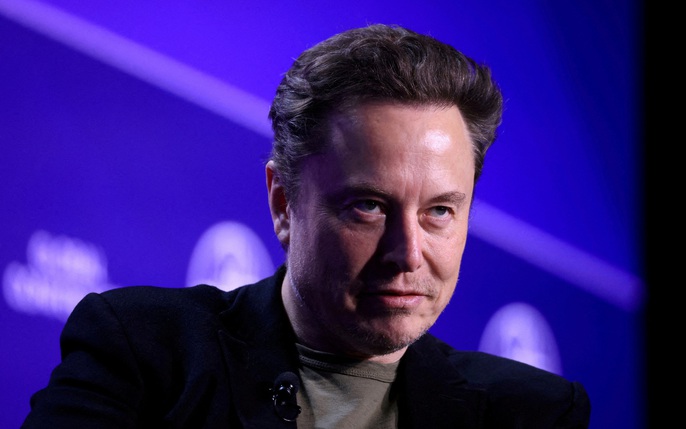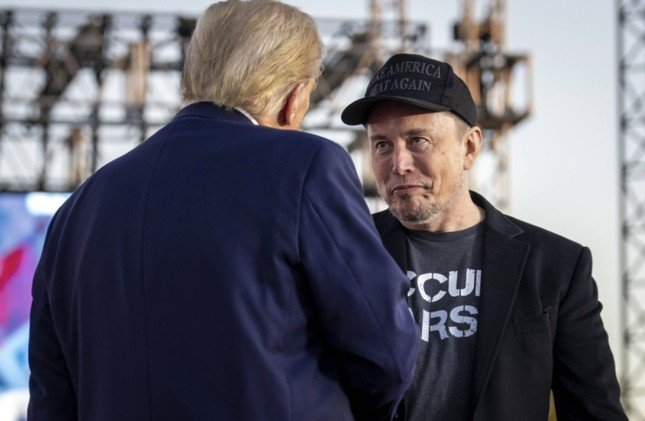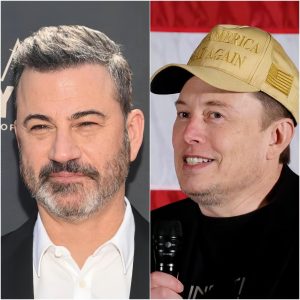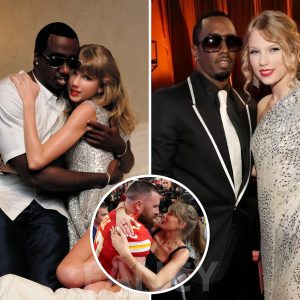Elon Musk has sparked yet another controversy by targeting CNN, accusing the network of negatively shaping public opinion in the United States. According to Musk, CNN’s reporting is biased and manipulative, pushing narratives that he believes distort the truth. In his view, this influence is detrimental to the American people, who rely on media outlets for accurate and impartial information. He didn’t hold back, stating that CNN “must be boycotted” to reduce its ability to propagate what he sees as harmful narratives.

Musk’s comments have reignited debates about media responsibility and the power of influential individuals to shape public opinion. Critics argue that his statements may fuel distrust in mainstream media, a concern already heightened in the age of disinformation. Supporters of Musk’s position, however, claim that his criticisms highlight the need for greater accountability and transparency in journalism. They see his call for a boycott as a form of protest against perceived media manipulation.

CNN has yet to respond directly to Musk’s accusations, but some media analysts suggest that such remarks could further polarize public discourse. Media bias has been a long-standing issue, and Musk’s high-profile critique may prompt more scrutiny of how networks present their stories. Meanwhile, Musk’s own platforms, such as X, continue to play a growing role in shaping public narratives, raising questions about the responsibilities of tech giants in fostering balanced discussions.

Whether Musk’s call to boycott CNN gains significant traction remains uncertain, but it underscores the ongoing tension between influential figures and traditional media. As the debate unfolds, the broader conversation about media ethics and the influence of powerful voices continues to capture public attention.





